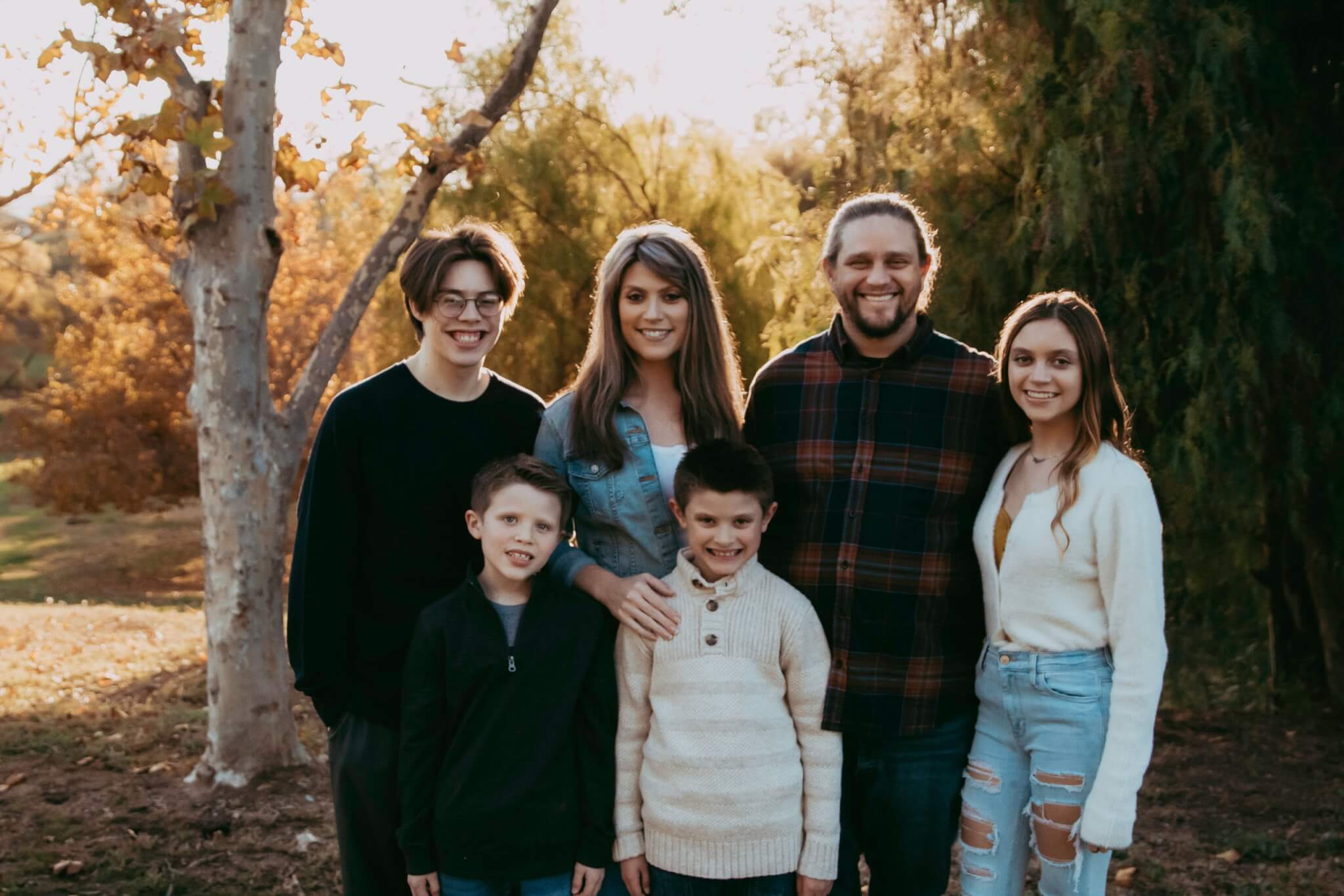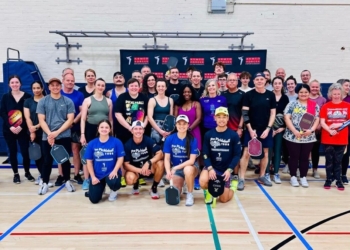According to one California-based Marine veteran spouse, burnout amongst caregivers is not an if — it’s a when. Nikki Stephens, an advocate for military and veteran caregivers, says that various types of self-care like yoga and mindfulness practices are fundamental requirements of the role.
Stephens serves as a full-time caregiver to her husband John, who was wounded in Iraq in 2006, and their five children.
“We should say, ‘listen, burnout is going to be normal, it’s going to be typical.’ Sometimes we tend to forget about ourselves a little bit, especially when we find ourselves in these selfless roles of military wives, military spouses, parents, mothers, and military caregivers,” she said.
Thanks to a new program promoting mental health awareness, Stephens along with other caregivers, veterans, active-duty service members, and their families now have access to a free one-year membership to Alo Moves, an on-demand yoga, fitness, and mindfulness platform. The offering, done in collaboration with the American Red Cross, seeks to highlight mental health as it relates to service members and veterans.
Senior Vice President at the American Red Cross Koby Langley said in a statement that the organization has supported our veteran and military communities for nearly 140 years.
“Caring for U.S. military and veteran communities with free mental wellness workshops and practices like those supported by Alo is one small way we continue to help.”
Stephens says that the relationship between Alo Moves and the Red Cross is one more tool in the tool kit for veterans caregivers like her. The free yoga offering has helped her carve out time separate from her role as a caregiver and mom.
Read: First sergeant pushes clients to find their fitness ‘why’
“We need to change that conversation. We need to really broaden what self-care is,” she said.
During her long journey as a caregiver, Stephens says that she and her family haven’t had much of a plateau. “It’s been constant changes, and trauma, even along that journey, the trauma didn’t just happen one time.” Two years ago, John underwent invasive brain surgery to combat frequent seizures as a result of a TBI sustained in combat.

Stephens says that his health declined and she struggled to keep up with her caregiver role and juggle everything else that was required of her. During the pandemic, she reached burnout. As she’s begun to bounce back, she’s found solace in yoga and sees it as one of many tools. Recently, she’s found coloring, what she calls Zen-doodles, walking, and painting watercolors also ease anxiety.
Read: Joining Forces reinstated, military spouse named director
“We’re starting a caregiving journey that starts in our 20s and will most likely last until we are elderly, if we’re lucky . . . this is a lifelong journey.”
From her perspective, caregivers need to expect highs and lows along that winding path. Stephens added that we have to have a bigger conversation about finding time for ourselves — “because you’re worth it, you’re valuable.”







































